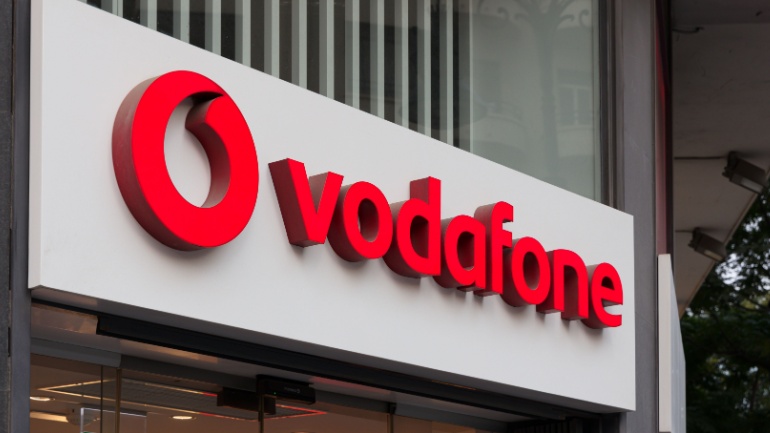India’s telecom operators must report all Chinese-made equipment still active in their networks, as part of a security review targeting firms like Huawei and ZTE. The move aims to limit future reliance on untrusted vendors while allowing existing systems to operate under strict oversight amid rising geopolitical and trade tensions with China.
The Indian government’s strategic move to convert Vodafone Idea’s debt into equity has dramatically increased its stake to 49%. This comes as a lifeline for the telco, offering significant relief in its enormous debt woes. Despite this, Vodafone Idea faces tough competition from leaders Jio and Airtel, particularly in the 5G arena.
Vodafone Idea has teamed up with Nokia to upgrade its optical transport network, enhancing 4G and preparing for 5G expansion in India. This partnership leverages Nokia’s advanced optical technology for scalability and efficiency. With 5G rollouts underway and strategic financial investments, Vodafone Idea aims to expand coverage and strengthen its market position against competitors.
New Relic expands its Hyderabad Innovation Centre, doubling capacity in six months and partnering with T-Hub, India’s leading startup incubator. This collaboration provides startups with mentorship and access to cutting-edge observability tools,
Reliance Jio is intensifying its push to mandate satellite spectrum auctions, arguing that direct allocation allows firms like SpaceX’s Starlink to unfairly undercut traditional wireless operators on pricing. As India’s telecom regulator evaluates implications from satellite competitors like Amazon’s Kuiper, the urgency grows to level the regulatory playing field.
Ericsson is intensifying its R&D efforts in India, zeroing in on network APIs. Partnering with telecom giants, Ericsson is unlocking 5G’s potential through programmable networks, enhancing performance, and enabling new performance-based business models.
Vodafone Idea is set to launch commercial 5G services by March 2025, entering the competitive field amidst Bharti Airtel and Reliance Jio’s services started in 2022. Targeting 17 of India’s 22 telecom circles, Vi’s strategic approach involves upgrading 75,000 4G sites..
Indian operator Bharti Airtel has significantly expanded its 5G network to encompass 140,000 villages across India. This initiative highlights Airtel’s commitment to enhancing digital connectivity in rural areas. Already covering 800,000 villages with its 4G network, Airtel’s expansion accelerates their mission of providing high-speed internet across India, supported by both 4G and 5G technologies.
India’s recent 5G spectrum auction concluded with disappointing results, generating significantly less revenue than anticipated. The auction ended after only seven rounds, raising INR113 billion ($1.35 billion), a stark contrast to the INR960 billion ($11.49 billion) reserve price set by the government.
Reports this week indicate that the Indian government is expected to postpone spectrum allocations for satellite broadband providers by four to six months, awaiting clarity following the ongoing general elections. The Department of Telecommunications (DoT) is reportedly holding off on final decisions until after the election results are announced on June 4.













